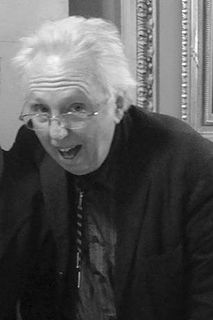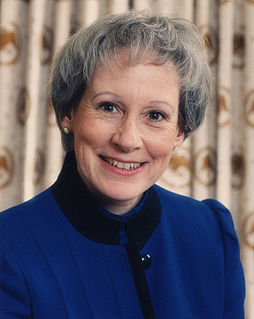A Quote by Tadao Ando
The computer offers another kind of creativity. You cannot ignore the creativity that computer technology can bring. But you need to be able to move between those two different worlds.
Related Quotes
Technology is such a broad kind of term, it really applies to so many things, from the electric light to running cars on oil. All of these different things can be called technology. I have kind of a love-hate relationship with it, as I expect most people do. With the computer, I spend so many hours sitting in front of a computer.
Every disruptive innovation is powered by a simplifying technology, and then the technology has to get embedded in a different kind of a business model. The first two decades of digital computing were characterized by the huge mainframe computers that filled a whole room, and they had to be operated by PhD Computer Scientists. It took the engineers at IBM about four years to design these mainframe computers because there were no rules. It was an intuitive art and just by trial and error and experimentation they would evolve to a computer that worked.
I think its a fundamental feature of images that they move from one medium to another. And this has become hyper-evident in our time with the computer, which is a kind of master-medium also and allows us to transfer data of all kinds from one platform to another, turning sounds into sights or language into image. The computer has made something that is very old evident in a new way.
Creativity has three layers; the ultimate is the mystic: he lives in a climate of creativity. The poet, once in a while, brings some treasures from the beyond; the scientist, also very rarely, but whenever he can visit the ultimate he brings something precious to the world. But one thing is certain - mystic, scientist or poet, whatsoever comes into this world comes from the beyond. To bring the beyond is creativity. To bring the beyond into the known is creativity. To help God to be manifested in some form is creativity.
I don't know where creativity comes from, but I think everybody has the ability to be creative. I think what's important about creativity starts when you're very young and how we're allowed to experience our imagination. The people who bring us up and teach us are fundamental in either encouraging creativity or discourging creativity. My imagination was always encouraged.
The personal computer was a disruptive innovation relative to the mainframe because it enabled even a poor fool like me to have a computer and use it, and it was enabled by the development of the micro processor. The micro processor made it so simple to design and build a computer that IB could throw in together in a garage. And so, you have that simplifying technology as a part of every disruptive innovation. It then becomes an innovation when the technology is embedded in a different business model that can take the simplified solution to the market in a cost-effective way.






































